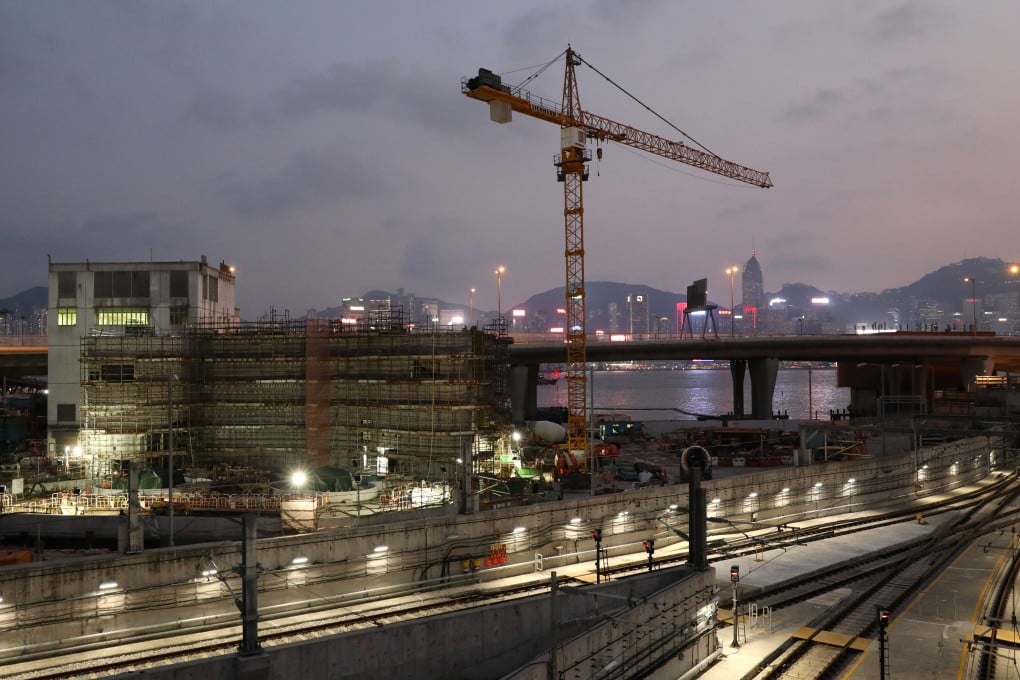Opinion | ‘Close enough’ isn’t good enough for Hong Kong when it comes to construction safety standards
- Hong Kong’s construction sector has the tools, skills and experience to do high-quality work, so why are there still so many reports of slipshod projects?
- The culprit is the persistent mentality of doing just enough to get by – a mindset the government must help banish from the industry

At best, I knew Hu was portraying a lazy person satisfied with his lack of effort in doing anything. He was ridiculing a widespread cultural mentality at a time when the mindset of “almost is good enough” and “do the minimum to get by” was spreading from one person to another.
It is not uncommon that before a construction tender is awarded, a tenderer will claim they can deliver all the required work as specified, but everything becomes difficult once the contract is confirmed. At that point, Mr Close Enough makes his appearance.
In a best-case scenario, the contractor tests the owner’s bottom line and asks for design and specification changes so the work can be done by easier means. In a worst-case scenario, the contractor fails to follow the requirements while doing the work and doesn’t tell anybody.
These contractors’ objectives are to provide something close to the specifications by the most economical means, to do the least to get by, and to get it done quickly before it could be rejected. This phenomenon is far from uncommon, with similar challenges emerging in many projects.
